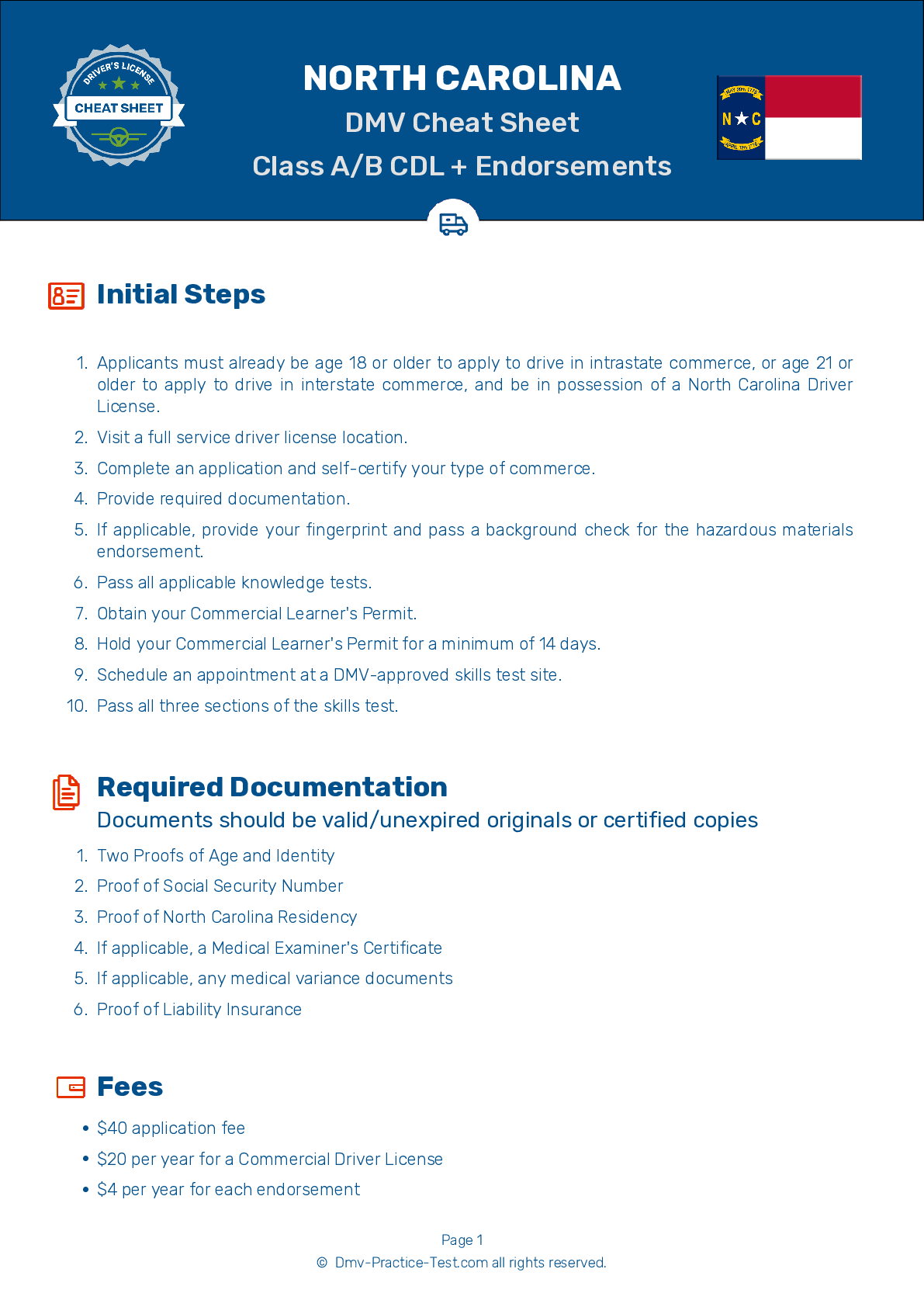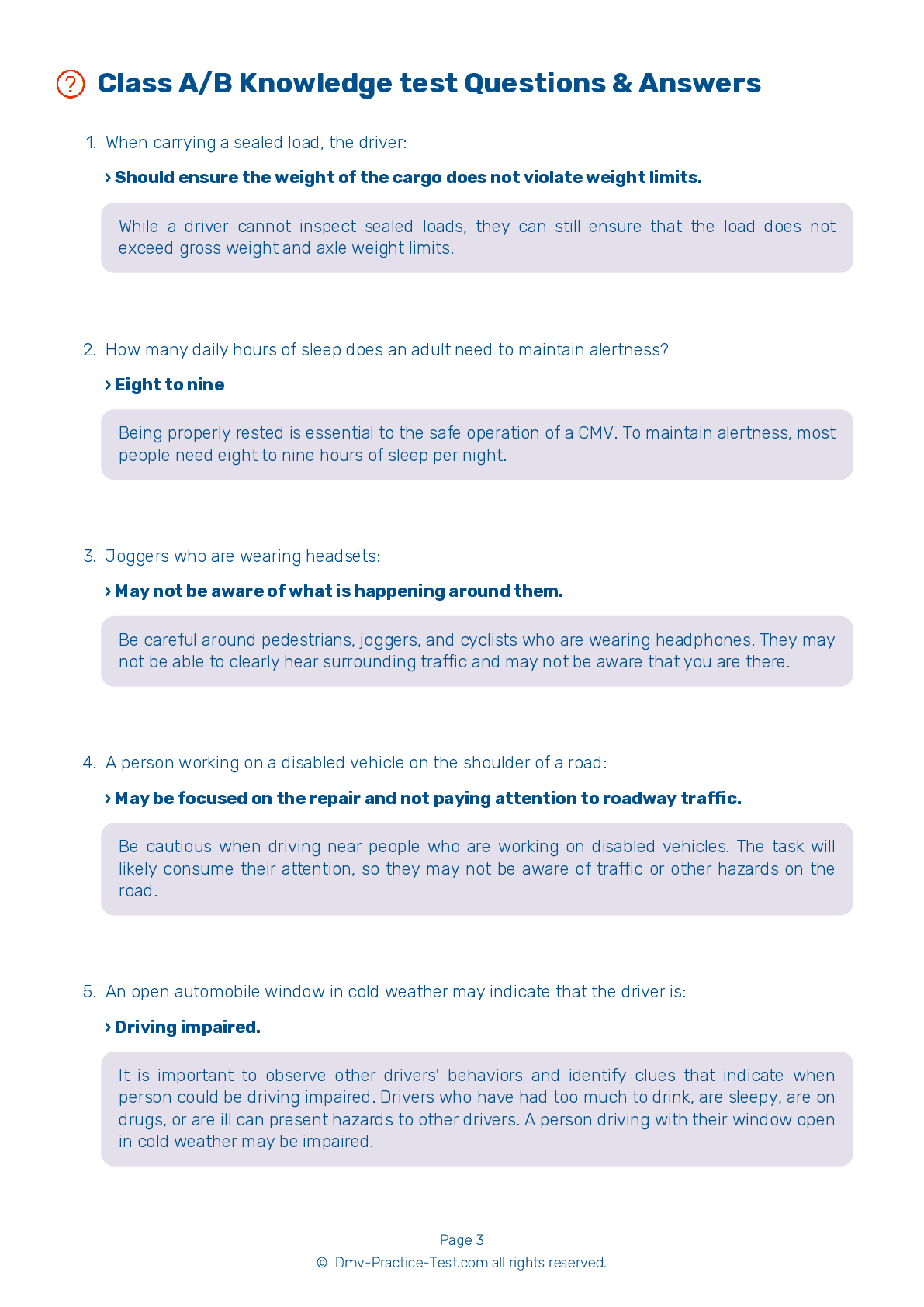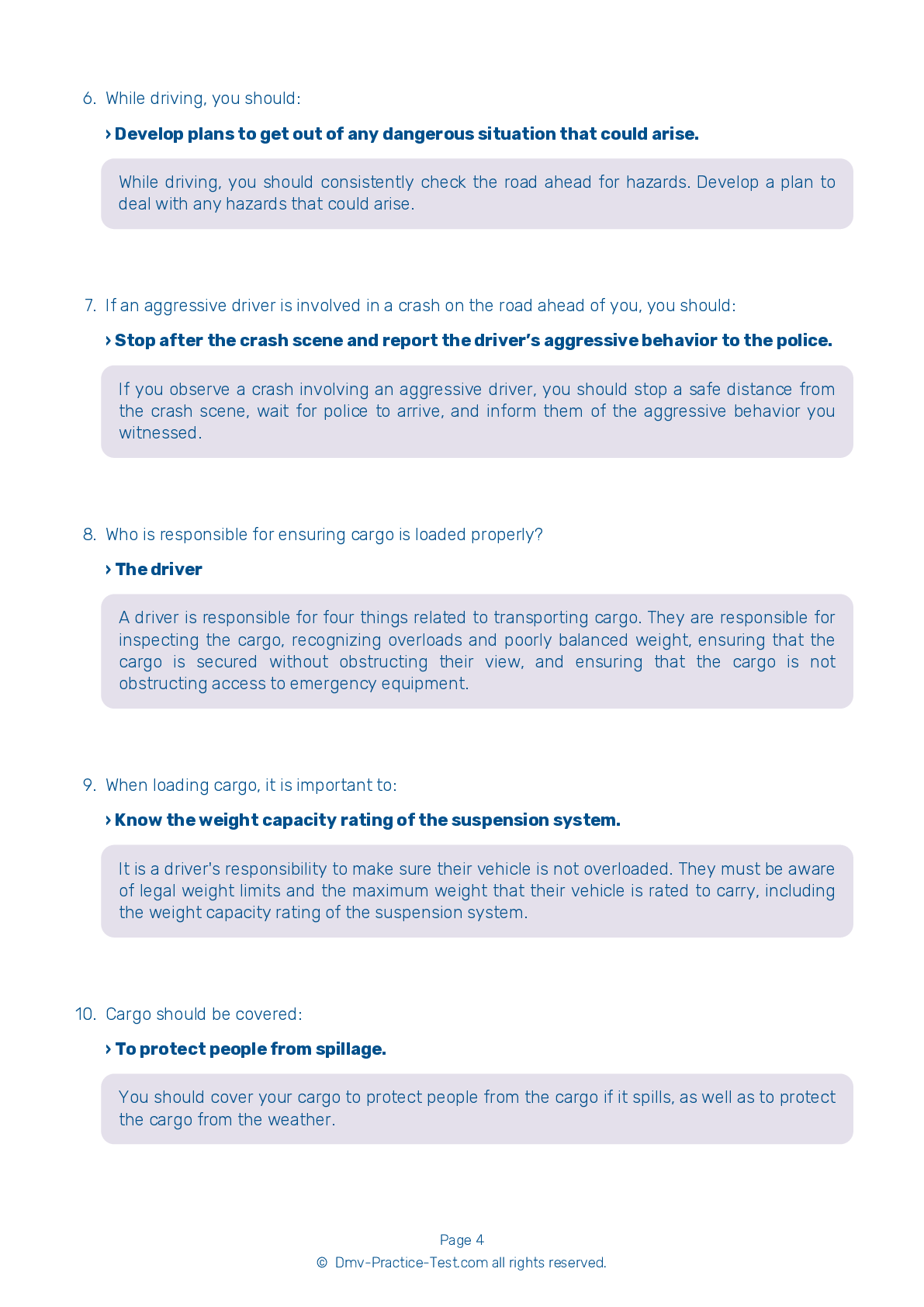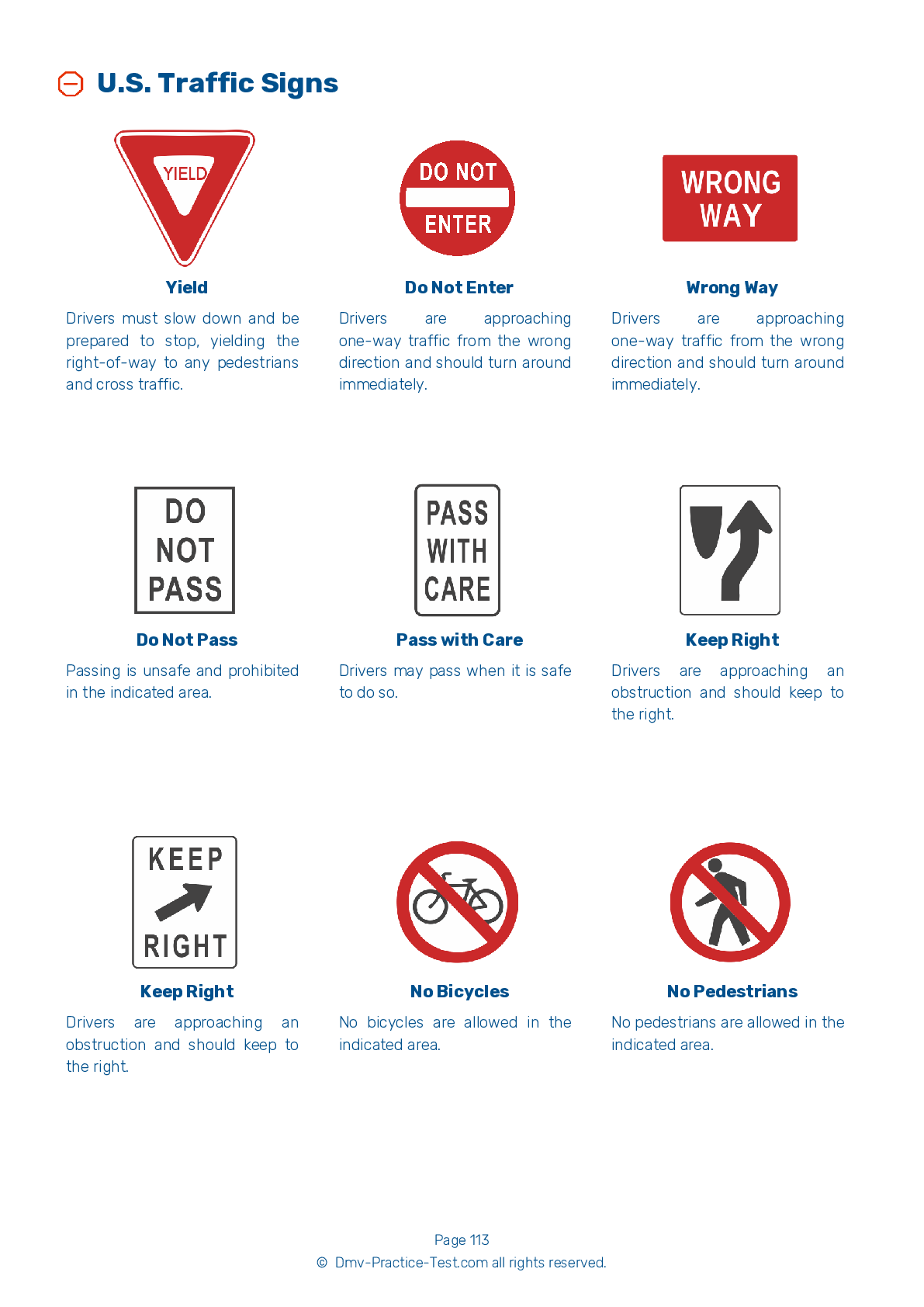Hazmat Test | North Carolina 2026 #1 Page 3 of 5
On our website, we provide FREE practice - CDL hazmat test online! The official exam test consists of several obligatory parts, with all of them checking your knowledge of different blocks of road rules. If you need to obtain a NC CDL hazmat endorsement in 2026, practice as much as possible. Free sample tests published on our website will help you check and improve your knowledge and boost your grades. Please bear in mind that North Carolina requirements for issuing a hazmat endorsement for CDL may vary from those established in other states.
13 . When traveling with Division 1.1, 1.2, or 1.3 explosives, the vehicle should not be:
Except when parking briefly to perform necessary functions for vehicle operation (such as refueling), never park a vehicle carrying Division 1.1, 1.2, or 1.3 explosives within 300 feet of a bridge, tunnel, or building. Never park such a vehicle within five feet of the traveled portion of a road. Such vehicles should be parked only briefly.
14 . When refueling a vehicle carrying hazardous materials:
If you need to refuel a vehicle carrying hazardous materials, you must first turn off the engine. While refueling, someone must be at the nozzle and controlling the fuel flow at all times.
15 . ____ are used to warn others of hazardous materials.
Diamond-shaped signs called placards are placed on bulk packages and on the outside of vehicles to warn drivers and others of the presence of hazardous materials. It is the responsibility of the shipper to place the placards, and it is the responsibility of the driver to verify that the correct placards have been placed.
16 . Who must mark and label the materials for shipping?
Shippers of hazardous materials are required to warn drivers and others about the risks of the materials by putting hazard warning labels on packages, putting placards on the transporting vehicles, and providing proper shipping papers and emergency response information.
17 . If there is a collision involving a vehicle transporting Class 1 explosives, the driver should:
If you are driving a vehicle that is transporting Class 1 explosives and it is involved in an accident, you should warn others of the danger, keep bystanders away, and not allow smoking or open fires near the vehicle. Before separating the vehicles involved in the collision, remove all explosives and place them at least 200 feet away from the vehicles and any occupied buildings.
18 . A driver needs a CDL with a hazardous materials endorsement to transport hazardous materials in:
You must have a CDL with a hazardous materials endorsement to operate a vehicle of any size to transport hazardous materials.
See the exact questions that will be on the 2026 North Carolina DMV exam.
99.2% of people who use the cheat sheet pass the FIRST TIME
Lillian MCcranie explains how our CDL study guide was helpful in passing the exam and recommends it to everyone.
Cameron tells us how he purchased the CDL exam, and found it to be a useful tool which helped him pass the exam and find a job.



